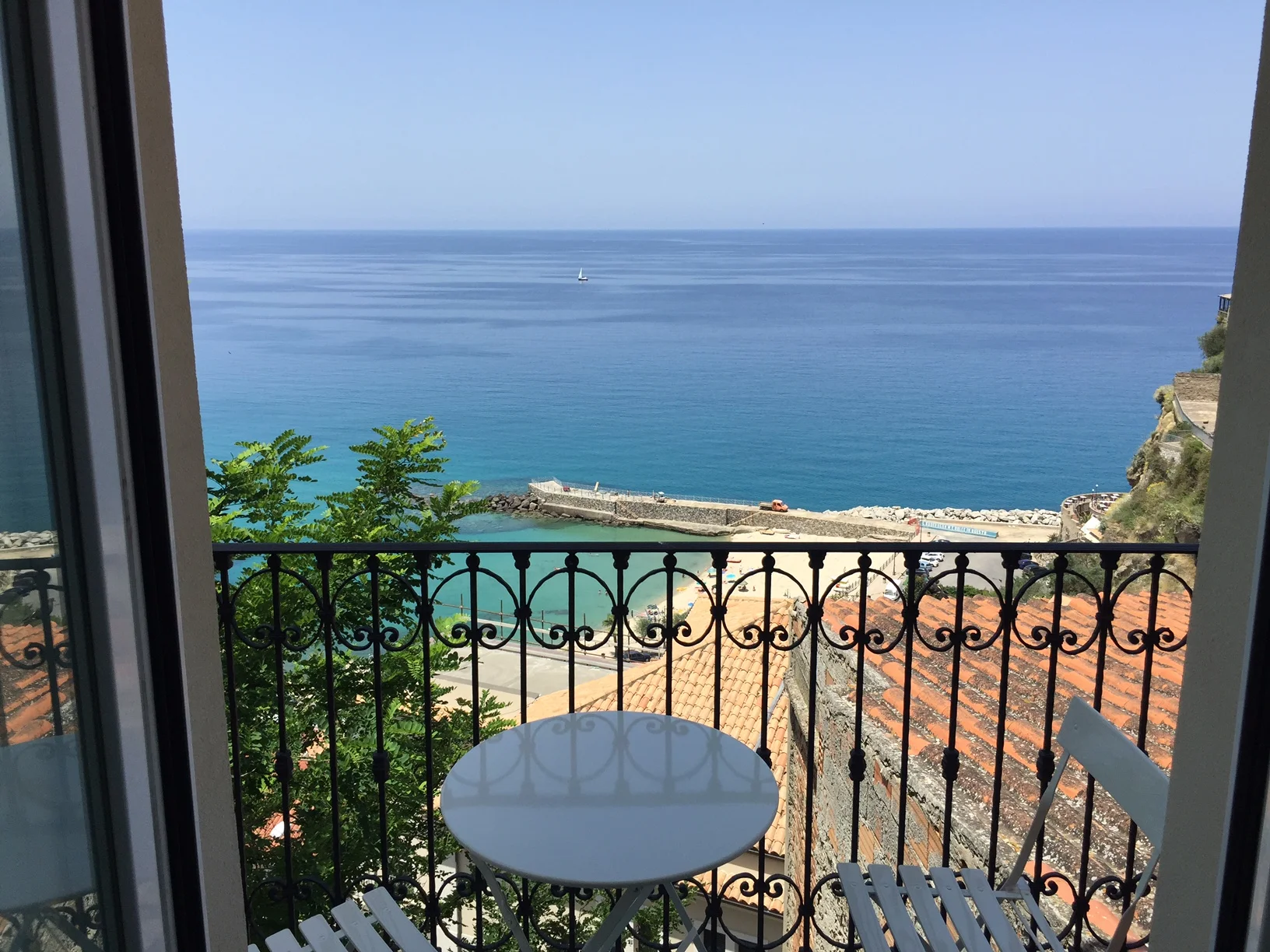What you need to know when buying property in Italy
/ "Missing building licenses and faulty cadastral registers („registro immobiliare”) can change the dream of a holiday residence into a nightmare. German home loan banks (Bausparkassen) are warning of pitfalls especially in Southern Italy."
"Missing building licenses and faulty cadastral registers („registro immobiliare”) can change the dream of a holiday residence into a nightmare. German home loan banks (Bausparkassen) are warning of pitfalls especially in Southern Italy."In this post I partly translated an article that I found online via Financial Time Deutschland, 2004. I deem it necessary for interested property buyers to know some Italian specialties:
"Real estate in the Southern Italian provinces of Apulia, Campania and Calabria is still offered at good prices. The problem in these provinces is that often houses have been built without building license.
Nowadays, the authorities are controlling more strictly the building licences. Is a license missing or falsified, the owner needs to pay penalty or - worst case - demolition is requested. In consequence some owners try to sell quick and at attractive prices.
Therefore German home loan banks are warning of buying Italian property that is located South of Rome, and they do not accept these properties as security for a loan.
Deficient Cadastral registers in South Italy
Even if a house was legally built, there could be problems for the buyer, because the cadastral registers in many South Italian communities are insufficiently managed. Often encumbrances or partition of a property are not recorded. A perfect flawless cadastral register is no guarantee, that the buyer is buying the whole property or that it is encumbrance free.
Licensing Requirements prohibit modification or extension
Other problems might occur when buying a rustico in Italy. In some communities exists licensing requirements that prohibit that old farm houses can be modified or extended. It is recommended to get a lawyer or architect who should check before acquiring a property, if a) the building is in line with any building license and b) if the planned modifications or extensions are allowed. The German consumer protection recommends: You should not alone rely on the statements made by the owner who wants to sell or the real estate agent."
Details about Italian land register systems
In Italy are existing two different systems of land registration or cadastral registration. This has an historical background. While in some Northern provinces the principle of the 'constituent publicity' is in place, in all other Italian provinces the French tradition of land registration is in place.
1. The first system, the principle of 'constituent publicity' from 1929 means that the registration of a property at the land registry is legally binding. If you are registered as owner you are the owner by law. This is comparable with the principles of land registration in Austria and Germany.
2. However in the rest of Italy the actual system is based on the duty of cadastral registration without 'constituent publicity'. The registration has no healing effect when the transfer of property has deficiencies. Only by 'adverse possession' the deficiency can be cured. The period for adverse possession is 20 years (Art. 1158 Codice Civile), in case of good faith 10 years (Art. 1159 Codice Civile).
Therefore the buyer's notary and lawyer should do an intensive research about ownership and possible encumbrances or partition of the property by going back 20 years !
sources:
Financial Time Deutschland, 2004
and












